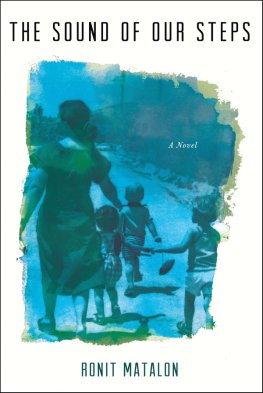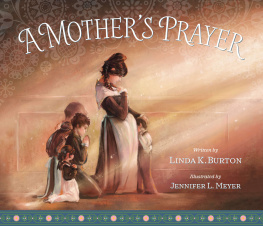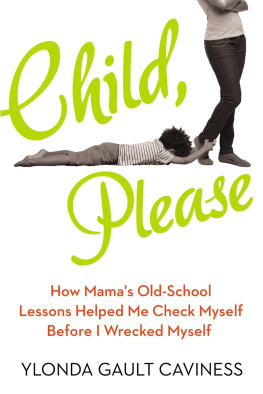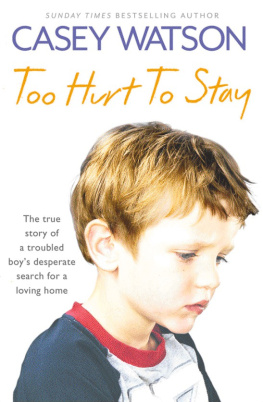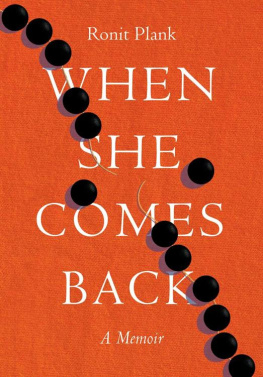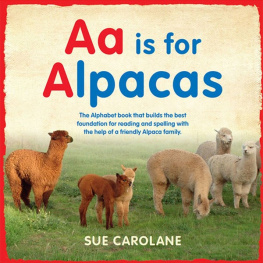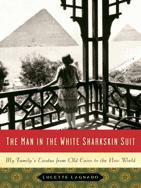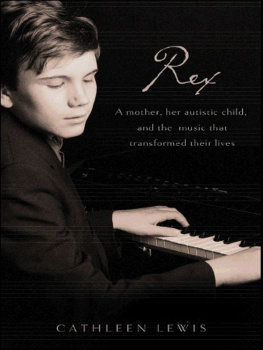Ronit Matalon
The Sound of Our Steps
What might have been and what has been
Point to one end, which is always present.
Footfalls echo in the memory.
T. S. Eliot, Four Quartets
THE SOUND OF her steps: not the heels tapping, the feet dragging, the clogs clattering or soles shuffling on the path leading to the house, no. First the absence of steps, the creeping dread in anticipation of her arrival, her entrance, the loaded silence, measured by a twelve-minute unit of time, heralded by the next-to-last bus stopping, the 11:30 bus from which she would descend.
Our mother didnt step, she skimmed. At great speed, in a total silence that split the balanced quiet of the street in two.
What did she put on her feet back then, which shoes, or to be more precise, how did she prepare for battle, how, with what? That sense of purpose she had, to the last detail, the sacred air of purpose, how she loved what was useful, necessary. I remember her last pair of shoes because I bought them; the earliest ones in my memory, less so.
I think she preferred shoes with laces. A bit of a heel, about two inches, no more. Maybe more, but just a bit.
I think they were brown or maybe black.
When they were brown she dyed them black. When they were black she turned them brown.
The brown didnt turn out too well, the black showed through.
She gave them to the shoemaker, Mustaki. (How are you, ya Mustaki?)
A few times she gave them to Mustaki and then didnt wear them. (That Mustaki made a total mess of the job.)
I think she didnt do the repairs to wear the shoes but to put things right, to clean up another corner of the world, to keep up her war against the disintegration of things. (Its a good thing weve got him handy, that Mustaki, he doesnt take much.)
Small feet, size 6.
She was proud of them, her feet, but in secret. You knew she was proud when she talked about other feet, not small. (Shes got a pair on her, big as boats.)
* * *
THE STEPS, the approach, the return, the night. The return at night, after twelve hours work. The return home, her bursting in. She burst through the door. The grating of the key in the lock took no more than a second, she must have taken the keys out on the way, when she got off the bus or even before. No, thats not right, the keys were in the plant pot next to the front door. We werent worried about burglars. She wasnt worried so we werent either: What are they going to take? The tiles off the floor? Let them. Well put down new ones.
But they broke in once anyway. Through the bedroom window. The police came to investigate. Mother, what did the police say? Nothing. He looked. For half an hour he looked inside and out and then said, He came through the window. Thanks a lot, I said, so he came through the window, did he, that puts me at ease.
But she wasnt at ease. Her entrances, the way she burst through the front door, starved after long hungry hours of not-home, of longing for home, of keeping up appearances out in the world, which was not-home. The weariness corroded her like acid, a weariness of body, but more than that, the weariness of keeping up appearances, of not-home.
We listened for her entrances, for their violence, we knew every detail, step by step, yet we were still taken by surprise. The dread was the surprise.
In one wide-angled glance, from the semidarkness of the hallway, she took in the shack and the area around it, she registered, noted, and classified what she saw: a slight change in the placement of the vase on the oval table, shoes left on the carpet, a cup on the coffee table, someone slouching on the sofa, a squashed cushion, a chair out of alignment. Even before she put down her bag, she stood with it in the hallway, her eyes narrowed, jaw clenched, collecting evidence, coming up with evidence of collapse, of breakdown, of the chaos of our homes disintegration. All the evidence confirmed it. She was the house. And any disturbance of the right and proper order signaled that the collapse had come or was about to. It was coming.
A few times she threw a plant or a vase (my brother Sammy ducked, the vase shattered on the wall above his head).
Or she swept the table with her forearm, knocking everything to the floor.
Or she smashed the dirty cups in the sink and bled from the splinters.
Or she kicked the leg of the table, hurting her toe.
Or she tossed a pot off the stove.
Or she took off her shoe and hurled it at the television.
Or she threw out our friends.
Or she hit us, with a broom, shoe, mop, hammer, the base of a lamp, a kitchen towel, her hands.
Or she screamed.
Her screaming, her entrance, the entrance was a scream. She always said, I want to get in already. Not come back or come in. There was nothing casual or assumed about her arrival, it was always an event, a display of suffering. Again and again she would trumpet her entrance, her return. She proclaimed it, not so much to us but to herself, to the house. Her entrance was an effort to awaken the house to her, to rouse her heart in response. She restored it to herself after the hours of exile, of not-home, of not being able to scream.
In her good clothes, not fancy at all but good or proper, she stood in the semidark hallway (lit from the side by the yellow bulb in the bathroom) and took command of her domain, declared her sovereignty, banished whatever needed banishing, at least until order was restored, until her repossession of the house had been established. It only seemed that her yelling had any substance, that it said something. I could have said it was a cry of despair, but no: it was a cry of furious longing. Thats what it was: the fury of longing.
Did you miss us, ya bint, did you miss us? (Her mother, Nona, called her ya bint, daughter. She sometimes called herself ya bint when scolding herself for something, but tenderly: Yallah, get up already, ya bint, do something.)
She never, almost never, said I miss anything. She did say thats missing, hes missing, you were missing, the house is missing.
Her screaming was the pit. We knew nothing of the pit, only what came before and what came after. We built a bridge over the pit as if it were a continuation of the land. This was repair work: before and after the pit.
We were closest, us and her, when we were in the pit: we no longer distinguished between her dread and our dread, the dread of hearing her say, Its the end of the world. This was what she yelled: Its the end of the world.
For a moment, in the jagged moment of her yelling, on the threshold of the house, between the outside and the inside, in the yellowish semi-dark of the passage, it was the end of the world. It ended because it had been reborn, with her return home. It dared to end because it was born again.
Before the pit came her steps, the steps we guessed at if we did not hear them. We held our breath in fear, in pity, in fear and pity. The pity was harder than the fear; step after step, five feet two inches, 143 pounds (in her thin times), twelve hours of work, four hundred plates in the Rosh Haayin school cafeteria, twenty-something cauldrons, three hundred chairs arranged in the student center in the afternoons, after the cafeteria, a few pounds, a few pennies, an ironed handkerchief doused with cheap lavender water, the kind she bought by the pint.
There isnt a cat in the street. She said, There isnt a cat in the street, instead of saying, fear. The bus driver knew her. All the bus drivers on our local line knew her. The good ones let her off at the house, before the bus stop. The mean ones, one of them had ginger hair, only let her off at the stop. Its the law. She hated the law and whoever made it. The law is whatever happens to suit him, she thought, and she said what she thought, too: Your law is just what suits you, mister.

